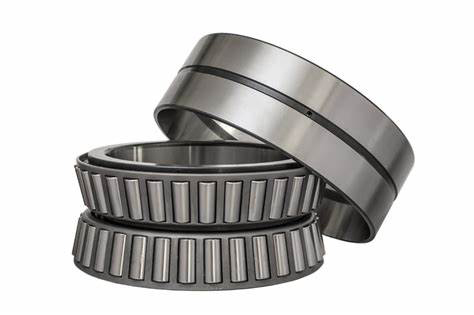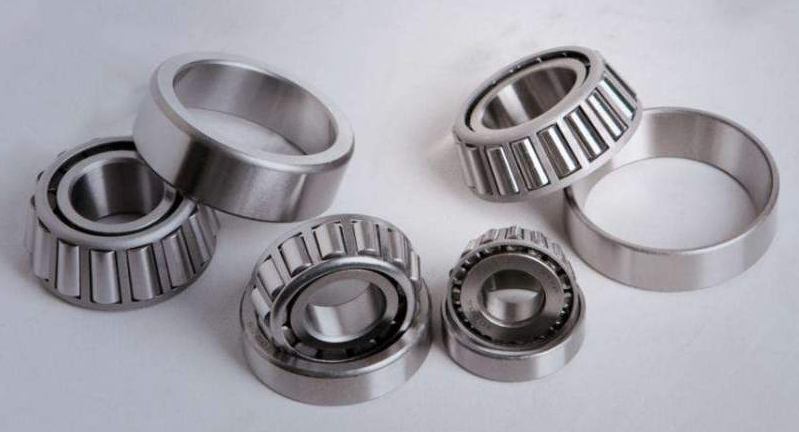Newsroom
What are the causes of bearing burnout?
2019-07-21What are the causes of bearing burnout?
The phenomenon of bearing burnout is caused by the failure of the bearing to rotate normally. The reasons can be roughly divided into three aspects:
1. Quality of bearing components
If the materials used in the production process of bearings are of low quality and the machining processes and heat treatment processes do not comply with relevant regulations, the fatigue strength, contact strength and anti-fracture strength of new bearings leaving the factory will be greatly reduced, which will directly affect the service life of the bearings. New bearings with reduced service life cannot reach their theoretical service life at all during the use process. After a period of time, dangerous phenomena such as the rupture of bearing rolling elements and the fracture of cages will occur. 
2. Bearing assembly process
The rolling bearings of traction motors are relatively precise components, and their service life can only be guaranteed by correct installation. If there are rust or scratches on the surfaces of some bearings, bearings that do not meet the requirements are strictly prohibited from being assembled. During the assembly process, the coaxiality of end covers, rotating shafts and bearing housings should be carefully calibrated, and strict requirements should also be imposed on process requirements such as bending, parallelism, alignment, bearing precision, the amount of lubricating grease filled, and dynamic balance. If any of the above indicators does not meet the technical regulations, it will lead to some form of failure after the bearing has been working for a period of time and it will not be able to rotate normally. 
3. Bearing use and maintenance
The lubricating grease in the bearing raceway is in a state of being strongly stirred for a long time. The torque of the bearing is large, the temperature is high, and it is unbalanced, and noise may also be generated. Under such circumstances, the lubricating grease is prone to deterioration and loss. When the lubricating grease deteriorates and is lost, the bearing will experience oil shortage and dry grinding, resulting in an increase in the temperature of the bearing. After the temperature further rises, a vicious cycle will occur. Not only will the lubricating grease in the cage and rolling elements become thinner and be lost, but also the lubricating grease in the bearing cover will become thinner and be lost. This will further lead to thermal expansion and rupture of the inner ring of the bearing, reduction of the bearing clearance, loosening of the fit between the inner ring and the journal, gluing of the rolling elements with the inner and outer raceways, and finally serious failures such as the complete seizure of the inner and outer rings of the bearing and the rolling elements. 
For more info, feel free to contact QIBR.


